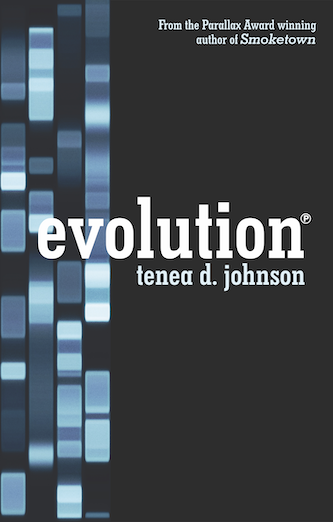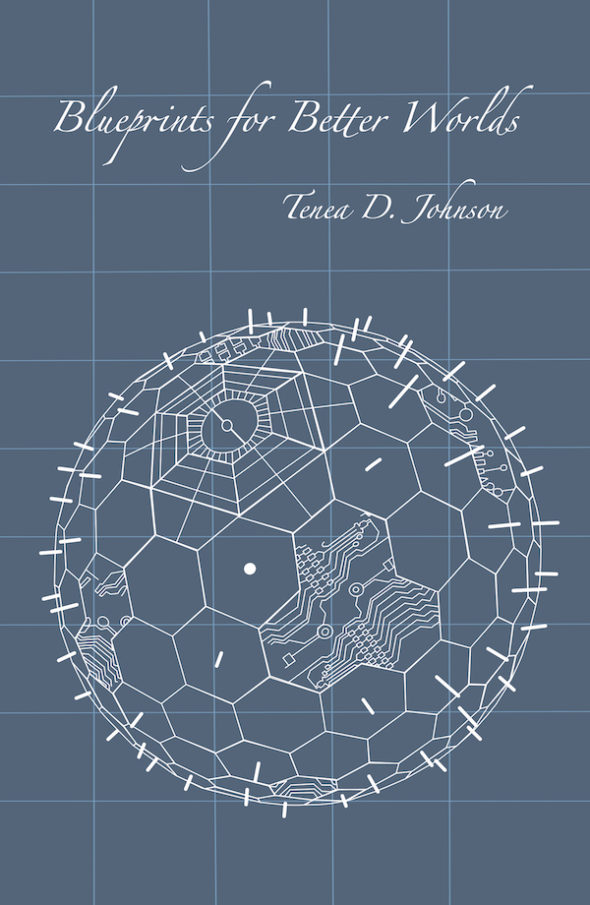New in 2022 – Winter Events
Full disclosure: I’m much better about doing things than talking about them. This year I’ll try to improve. In that vein, some new blood:
Just a few weeks ago on January 27th, I shared a new speculative story, “The Exhibit” inspired by the work of Emma Amos and the unfortunate current state of American affairs as part of the Museum of Fine Art St. Petersburg celebration of the Spiral Collective, a short lived but impactful group of Black visual artists in the Civil Rights era. I had the good fortune to appear alongside the talented, Butch Thomas, a saxophonist who performed new work (accompanied by Aron Ferrer and Gumbi Ortiz) and Crantston Cumberbatch who shared a short film he wrote, directed and starred in. Here’s a picture of us looking appropriately capable of entertaining folks.
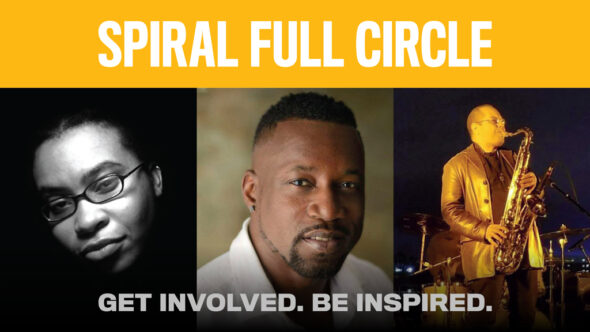
I had a wonderful time and enjoyed the community engagement. If you’d like to hear a bit of Butch’s work scroll through to the video here.
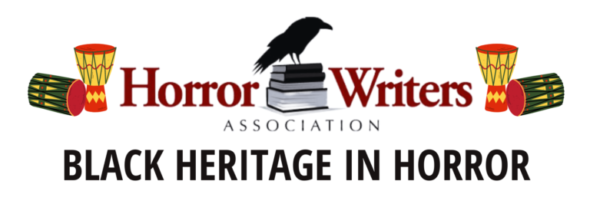
February also sees a couple of interviews come out. One is out today as part of the Horror Writers Associations Black Heritage in Horror interview series. So apparently I’m heritage. Thanks. I’ll take that.
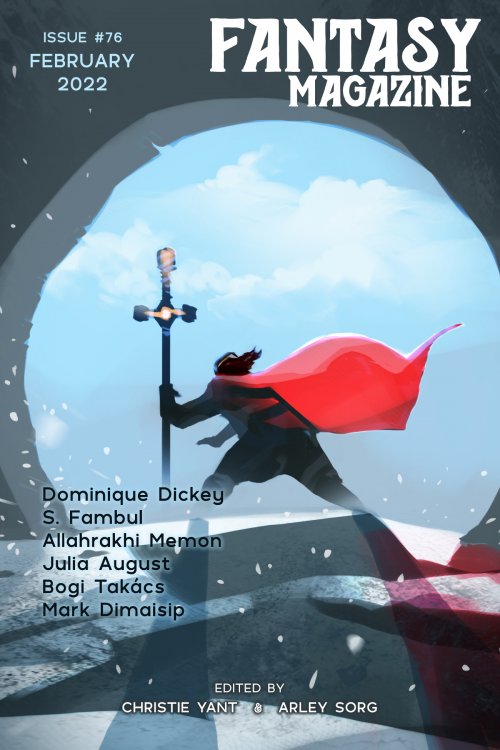
Later this month, you can check out my contribution to the group interview of short fictioneers in Fantasy Magazine (available online February 22nd) or right now if you have a subscription and/or purchase the e-issue.
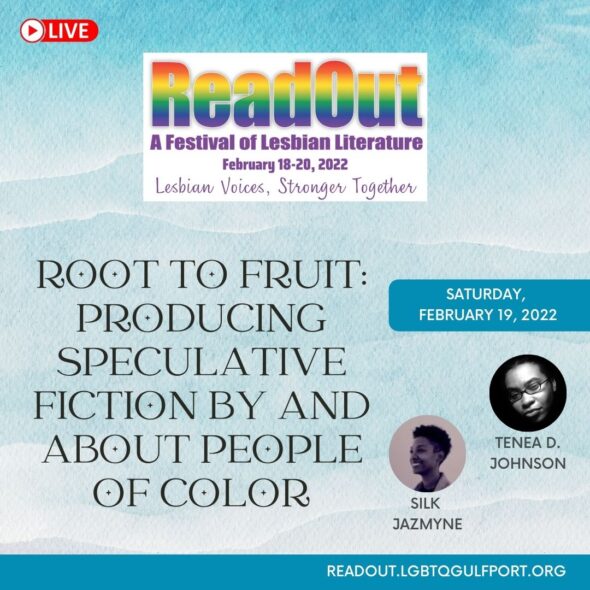
And (check me out getting out ahead of an event) on February 19th, I’ll be joining Silk Jazmyne to read and discuss life and work as a POC author at ReadOut’s event, Root to Fruit: Producing Speculative Fiction By and About People of Color @1:50pm EST. For those who enjoy multimedia work, there’ll also be video of a short performance from 2021’s, Frequencies, a Fiction Album playing as part of a few sci fi, fantasy readings from 1:15-1:45. For Root to Fruit I’ll be reading from 2021’s Broken Fevers. It’s all on Zoom so everyone’s invited. Just register on the ReadOut (“Out” as in a festival of lesbian literature page.
3 Minutes with Ivor, Editor of AfroSF
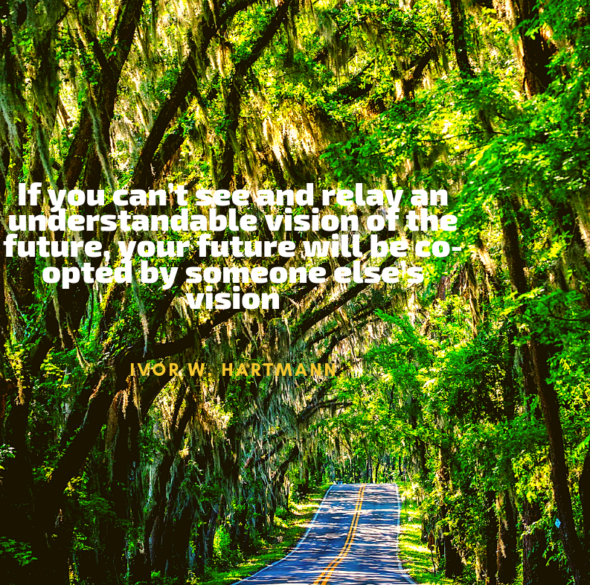
Next up from the Afrofuturism storybundle is Ivor W. Hartmann – editor, writer, publisher and visual artist – on the AfroSF anthology series and editing’s intersections with writing.
In what way ways has the AfroSF anthology series surprised you?
When the first AfroSF came out in 2012, I was blown away by the warm and welcoming reception it received from the international SF community; it was very heartening. As writers we are just trying to do our own thing, and back then hardly anyone was publishing our SF locally or internationally, so we just did it ourselves. So this reception meant a lot, that we could thrive locally and internationally, that there was a confirmed positive interest in what we were doing.
Describe this work in 3 words.
African Science Fiction.
Why this work?
Science Fiction is the only genre that enables African writers to envision a future from our African perspective. Moreover, it does this in a way that is not purely academic and so provides a vision that is readily understandable through a fictional context. The value of this envisioning for any developing country, or in our case continent, cannot be overstated nor negated. If you can’t see and relay an understandable vision of the future, your future will be co-opted by someone else’s vision, one that will not necessarily have your best interests at heart. Thus, Science Fiction by African writers is of paramount importance to the development and future of our continent.
You write and edit. In what ways does each inform your work in the other?
I think they work very well together; writing makes you a better editor and editing makes you a better writer. The tricky part, so tricky, is having a healthy time balance between them, something I have yet to achieve. As an editor understanding fully the writing process—the massive space stories take up in one’s mind and how so little of that makes the page, and yet without it the page would be bare—is invaluable. Likewise as a writer fully understanding the editing process—the quest to help refine a story to its best possible form whilst fully retaining the writer’s voice—is an imperative, to know that there is no writer who can fully and properly edit themselves, how an editor’s outside perspective is integral to the writing process.
Q&A: Afrofuturism Authors on Writing
Nicole Givens Kurtz, Andrea Hairston, Ivor Hartmann, Nisi Shawl and Ayize Jama-Everett, each featured in the Afrofuturism storybundle, open a window into their writing worlds. In the remaining days that the bundle is available, I’ll also share a closer look into each one. Ivor will be next up. For now, the group’s views on books and writing:
What’s the first book you really connected with? Made you cry? Laugh out loud?
The first book is lost to the mists of time.
Charlotte’s Web had me weeping, made me wake my mother up, talking ‘bout, “she’s dead! She’s dead!” My mother couldn’t figure out who was dead, but hugged me while I wailed! And then she realized it was a spider, from a book!
—Andrea Hairston
The first book I really connected with? I’ve been reading for almost sixty years now, so I may not be able to give you an accurate answer at this point. Tatsinda, by Elizabeth Enright, is the first book in whose protagonist I saw myself, so let’s go with that one. If you’re looking into buying it, be sure to pick the one with illustrations by Irene Haas. They’re essential. The plot is about this girl who is a little less white than the people she lives with, who all have silvery hair and blue eyes. Their magical kingdom is threatened by trolls and she saves them with her excellent rug weaving.
—Nisi Shawl
Impossible question for me really, I was six when the reading bug caught me wholly so I don’t remember which book it was that did that but there must have been one. However, the last book to do that to me was Petina Gappah’s Rotten Row.
—Ivor Hartmann
What subject do you find most difficult to write about? Most effortless?
Can they be the same thing? I love writing about fights and food. My next novel should be about food fights. But the choreography of physical combat and the innate sensualness of anything that is offered to the mouth make the writing effortless and enjoyable. I tend to stay away from real life events though I have experimented. Nonfiction is probably something I should push myself to write more but I think I need to hang in some plain old narrative fiction for a while before I do that. The idea that a mundane life can be worthy of insight given the proper attention to the craft of writing is not revelatory but expansive for a kid who grew up reading sci-fi and comics.
—Ayize Jama-Everett
Nothing is effortless. It all takes effort. People who think writing is easy have another think coming. That said, probably the hardest for me to write is harm. I love my characters—the vast majority of them, at least. Very difficult to portray them being hurt in any way.
—Nisi Shawl
The subject I find the most difficult to write about is black women’s pain. I do write about it, because that is a part of me; however, I find it so hard to revisit those painful points in my life or in the lives of others. It isn’t always necessary for the story, but when it is, that is where the writing gets tough. The challenge is to find words that can articulate something that is too large, too great, too painful to fit into words. How to do that?
Nothing I write about is effortless! It always takes work, sweat, and tears to produce a book. It’s like giving birth to a child. You nurture the story idea for months, watch it grow into a novel, then deliver it, but during those nine months there is hysterical crying fits, nausea, and difficulty sleeping. There are days when you food binge because your characters have you stressed and other days were you can’t eat at all because, well, your characters have you stressed.
—Nicole Givens Kurtz
How do you measure writing success?
Do I want to read it again as soon as I’m done writing it? This applies to the sentence, the paragraph, the page, and of course the book. It’s a hard mark and often I fail at it. But that’s the goal. I can’t focus on outside markers of success because they’re so fickle. I have to go internal. Of course, if I know others are appreciating the work, that always helps. But you rarely get that affirmation while writing. It’s usually only after. And for me, I’m barely online for more than ten or fifteen minutes a day. So I don’t really interact with my fans that much. So when someone comes up to me at a reading or what not and they say they enjoy the book, it blows me out the water. I’m stunned. Same with an email. I got a few messages from guys in prison who said my book was the first they read all the way cover to cover. That made my month.
—Ayzie Jama-Everett
I measure writing success by how it impacts people. If people tell me via review or posts or tweets that they enjoyed the novel or if they’re demanding the next installment, then I feel the story was successful. Of course, I would love to be a NYT Bestselling author, and that’s one measure of success. For me, if I find an audience that truly enjoys my writing or someone said it stuck with them, then I feel successful.
—Nicole Givens Kurtz
I am constantly measuring my own writing success! There are so many different yardsticks to go by: publication, sales, advance amounts, awards, reprints, reviews, “Best of” anthologies and lists…so many modes to fail of failure or triumph. Mostly this tracking is a private activity. I’d like to keep it that way.
—Nisi Shawl
Success is telling the stories you want to tell, how you want to tell them.
Success is challenging yourself and showing up every day for that challenge.
Success is having the generosity of spirit and the humility to connect with and support other artists.
Success is never giving up on getting better, but taking pleasure in what you have achieved.
—Andrea Hairston
What influences your work? People, other fields, other authors, events, histories?
My work is often influenced by real life events or situations I find myself, my friends, or strangers in. The entire beginning of my second Cybil Lewis novel, Cozened, began with me traveling to Phoenix and witnessing a car accident. The image of the glass and debris strewn across the road stuck with me and I went home and wrote the first chapter. The rest of the story fell in behind that singular event. As a black woman in America, there are many opportunities to tell my story and those who are like me. I’m inspired by advances in science too. For my novella, Replicated, the scientific news that an embryo had three DNA donors, instead of two, sparked the primary plot in the story.
—Nicole Givens Kurtz
I am an omnivore. I like to learn whatever there is to know. History, physics, music, math, biology, theatre, novels, economics, film…
—Andrea Hairston
See this post for authors who influence me. Other than that, I’d have to say music influences me tremendously. The titles of the stories in my Making Amends series, for instance, are inspired by the titles of songs—mainly Steely Dan songs. I listen to music when I write. Certain tunes haunt certain passages, though that may be imperceptible to my readers. The other major influence I can cite with certainty is the natural world: trees, waters, flowers, birds, weathers. Deer and other mammals. Fungi. I care so deeply about our environment. Can you tell by reading me?
—Nisi Shawl
What is it about books that fascinates you?
I like stories. I like a deep dive, wherever I can. I like art to engage the fullness of who I am. Good plays, books, films, music do this, each in their special mode.
Every story lends its shine to the next one I experience.
—Andrea Hairston
What fascinates me about books is the opportunity to live, briefly, in the lives of others. Although I may not spend much time in that world or universe, those experiences the character goes through stick with me. Those are thousands of lives I get to escape into when all I have is my one life. This gives me a chance to be a woman in China, a man on Mars, a wizard, and a shapeshifting tiger. I’m a lifelong learner. The excitement of acquiring new knowledge thrills me and it never gets old. The lessons the characters learn, I learn too. This is the allure of books to me as a reader. As a writer, I read to learn more about the craft and to be inspired.
—Nicole Givens Kurtz
What fascinates me about books is that, like human beings, they have both corporeal and a noncorporeal facets. Books have bodies: pages, binding, ink, illustrations. Pixels. Fonts. And they also have souls: stories, connections, references. Intentions. I don’t know of anything else to compare with them in that sense.
—Nisi Shawl
3 Minutes with Nisi, Author of Filter House
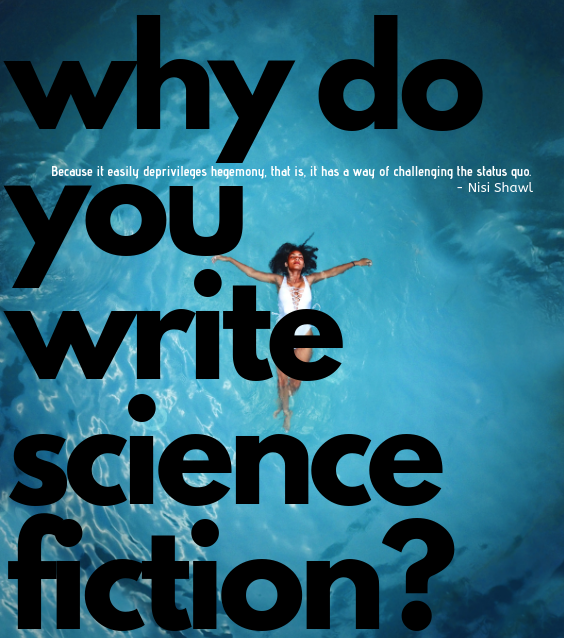
While the Afrofuturism storybundle is going on (until June 7th), I’ll be sharing a little about some of the other authors in the bundle. We begin with Nisi Shawl. Her collection, Filter House, winner of the Tiptree Award is included.
What are 3 questions/answers on the FAQ page of Filter House?
- Why do you write science fiction?
Because it easily deprivileges hegemony, that is, it has a way of challenging the status quo.
- What’s a common theme in your work?
That’s for you to figure out. Themes are what readers experience, not what writers intend.
- Who are your literary influences?
Colette, Samuel R. Delany, Raymond Chandler (token het male), George Eliot, Connie Willis, Dorothy Dunnett, Joanna Russ, Suzy McKee Charnas, C.J. Cherryh, E. Nesbit, and Nalo Hopkinson.
Describe this work in 3 words.
Voices harmonizing with strangeness. Sorry. That’s four. Trying again: strangely harmonizing voices.
Why these stories?
Filter House is a collection of stories Timmi chose. I think she put them together to show how the journey to selfhood can work for women of African descent. That’s my guess.
What’s your approach to creating a collection? For instance, some may compile their works letting each work speak for itself, perhaps even letting their editors decide on the order, while others may attempt to focus more on the work as a whole and work towards that effect.
I have never actually created a collection of my own work. So far there have been two; both were assembled by L. Timmel Duchamp.
You just received the Solstice Award (Well deserved and congratulations!) and Filter House I believe was your first award winner. So you have a unique perspective in gaining recognition but also recognizing what work may remain or has already been accomplished. What’s your read on this moment in SF as it pertains to Afrofuturism? If it’s helpful to unpack that a bit: What direction would you like to see Afrofuturism go in? What would you like to see come of this Afrofuturism moment?
Thank you for the congratulations! Yes, I have seen immense changes in the reception for Afrofuturist fiction over the course of my working life. The audience has grown, and has proven itself a financial force to be reckoned with; the pool of creators has grown and has gotten more widely recognized than in my youth; the gatekeepers are more receptive now. What I’d like to see going forward is further expansion: Afrofuturist cuisine, Afrofuturist architecture, Afrofuturist politics! More of this stuff, and more different kinds of it!



